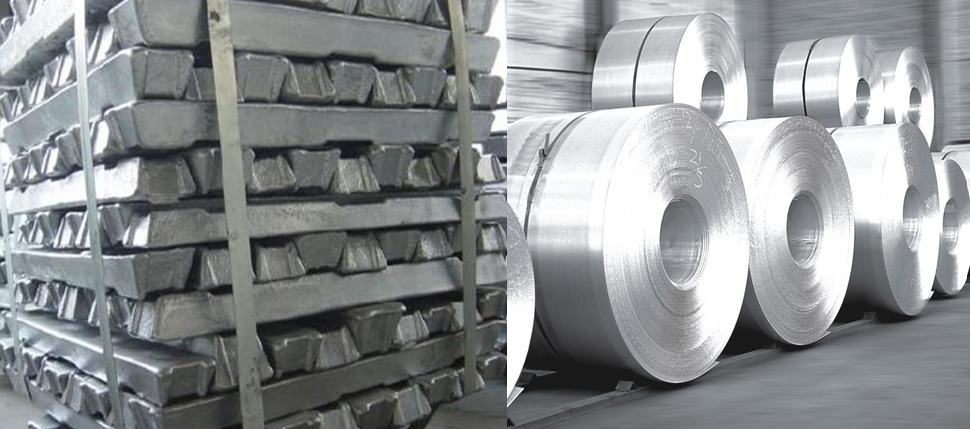European aluminium companies raise discrepancy in EU carbon border tax
European aluminium producers have expressed concerns about a potential breach in the European Union's carbon border tax (CBAM), which could enable heavily polluting exporters like China and other Asian countries to evade regulations and inundate the bloc with inexpensive heavy metal emissions.

The EU's carbon border tax proposal introduces a charge on the carbon dioxide (CO₂) emissions generated while producing imported goods within the bloc. Under this framework, remelted waste pieces of aluminium can be classified as zero-carbon products, irrespective of whether the initial virgin material was produced using fossil fuel-fired power sources.
According to statements given to British daily business print media by Norwegian aluminium giant Norsk Hydro and the German aluminium rolling and recycling company Speira, the carbon border adjustment mechanism (CBAM) encourages producers outside the European Union (EU) to maximize the generation of scrap aluminium. This scrap is subsequently melted and exported to Europe.
Hilde Merete Aasheim, the President and CEO of Norsk Hydro, stated, “This loophole enables the widespread greenwashing of imported aluminium products and undermines the effectiveness of CBAM in preventing carbon leakage."
According to the International Energy Agency (IEA), Aluminium production traditionally accounts for around 3 per cent of the world’s industrial emissions.
During a trial phase starting in October 2023, the CBAM (Carbon Border Adjustment Mechanism) will be implemented without charges, with the intention to introduce charges for producers from 2026 onwards. Initially, the CBAM will encompass seven sectors: aluminium, iron, steel, fertilizer, and hydrogen. The objective is to counteract the competitive advantage of products manufactured through cheaper yet environmentally harmful production methods. Such practices put European Union (EU) companies, bound by stringent climate regulations and bearing pollution costs within the EU's emissions trading system, at a disadvantage. The EU officials aspire for this initiative to accelerate the process of global decarbonization, particularly in industrial sectors.
According to European Aluminium, smelters in the European Union (EU) release approximately 6.8kg of CO₂ per kilogram of aluminium, significantly lower than the global average of 16.1kg of CO₂ emitted per kilogram.
In addition to concerns about the absence of rebates for exports containing taxed imported aluminium, Europe's aluminium producers have raised further claims. They highlight the admission of finished products, such as cars or cans containing environmentally detrimental aluminium, without requiring payment for the emissions produced during metal production. Another significant issue is the loss of the sector's free emission allowances.
Volker Backs, the Head of Public Affairs at Speira, said, “The details and current design raise more concerns than opportunities."
Speira raised concerns about how CBAM would affect Europe's overall manufacturing competitiveness.
Paul Voss, the Director General of European Aluminium, stated that insufficiently crafted measures would severely undermine the sector, leaving it in such a depleted state that there would be no remaining opportunities for decarbonization, ultimately rendering it ineffective in aiding the planet's environmental goals.
Higher energy costs have devastated Europe’s aluminium industry following the Ukraine-Russia geopolitical crisis, resulting in approximately 50 per cent of the EU’s smelting capacity halt.
Nick Keramidas, the executive director of EU Affairs at Mytilineos Energy & Metals, a Greek aluminium producer, expresses a more profound opposition to CBAM. He emphasizes the need for a fair and equitable business environment to address the escalating costs faced by domestic producers.
He added that implementing CBAM (Carbon Border Adjustment Mechanism) poses a significant risk to the European production sector's ability to cater to both the European and global markets. Paradoxically, this measure intended to address carbon leakage could exacerbate the problem it aims to solve by leading to increased carbon leakage.
This news is also available on our App 'AlCircle News' Android | iOS














.png/0/0)







